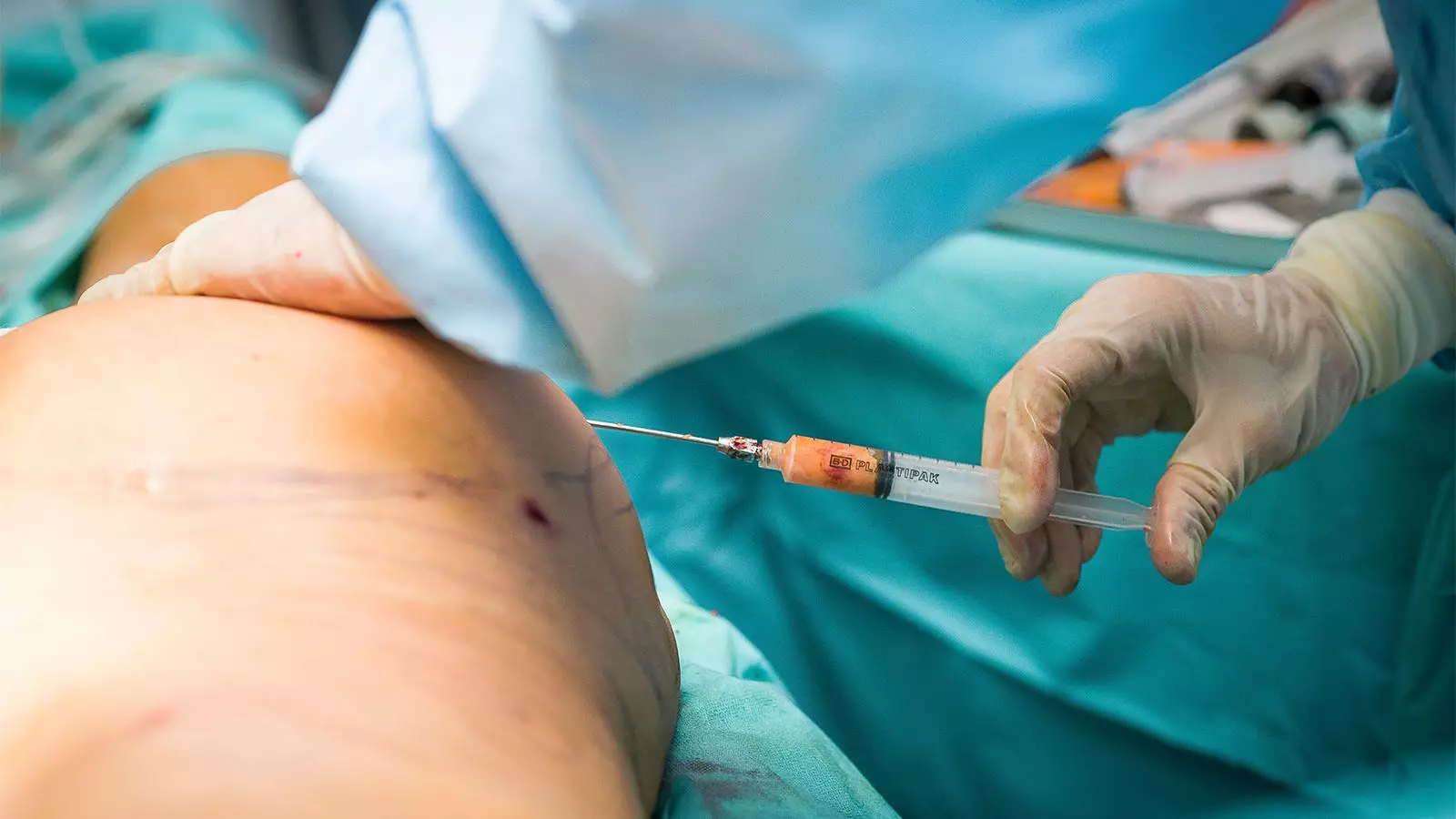Plastic surgeons in South Florida have been pushing for safer standards in the popular cosmetic procedure known as Brazilian butt lifts (BBLs) after a series of deaths prompted concerns about its safety. In response to these concerns, the Florida medical board and physician groups have collaborated to establish laws that codify the standards of care for BBLs. The goal of these new regulations is to protect patients and prevent further fatalities associated with the procedure.
One plastic surgeon, Pat Pazmiño, MD, has been at the forefront of this movement. Pazmiño authored a paper that revealed a concentration of BBL-related deaths in South Florida and is a director with the Florida Society of Plastic Surgeons, which played a significant role in recommending key elements of the new law. According to Pazmiño, the plastic surgery community in South Florida is deeply committed to addressing the risks involved in BBLs and ensuring the safety of their patients.
Pulmonary fat embolism (PFE), where fat particles enter a blood vessel and block it, has been the primary cause of death in BBL cases. Surgeons and experts have discovered that these fatal incidents occur when fat is injected into the deeper gluteal muscle, rather than the safer subcutaneous fat layer. Since the procedure is often performed blindly, the surgeon cannot accurately see where the cannula tip ends up under the skin, resulting in damage to blood vessels or injections into them.
To address these issues, the Florida Board of Medicine implemented temporary rules in 2019 and 2022. These rules dictate that fat injections should only be administered into the subcutaneous fat layer and require the use of ultrasound guidance. Additionally, there is now a limit of three gluteal fat grafting procedures per day.
Although the Board of Medicine initially planned to adopt permanent rules, those plans have been eclipsed by the passing of a comprehensive bill, HB 1471. This new legislation is groundbreaking for plastic surgery as it mandates specific precautions when performing gluteal fat grafting procedures. These precautions came into effect on July 1, 2022.
Under the new law, all new clinics must undergo a health department inspection before being registered. Surgeons are now required to meet patients in person at least one day prior to the scheduled procedure. Furthermore, they are prohibited from performing BBLs on more than one patient simultaneously. Ultrasound guidance is mandatory for cannula placement during fat grafting, and surgeons may not delegate the extraction or grafting of fat to other staff members. By enacting a state law, the impact of these regulations is expected to be much stronger and more effective than simply relying on medical board rules.
The new legislation specifically targets the practices of certain clinics referred to as “chop shops.” These clinics operate with a focus on speed and volume, providing multiple procedures per day at significantly lower costs than the average BBL. The new law aims to limit surgeons’ ability to perform a high number of procedures by addressing this issue. It seeks to prioritize patient safety by ensuring that surgeons develop a genuine relationship and bond with their patients before performing the surgery.
Previously, patients at these clinics might not have met their surgeon until the day of the procedure. Assistants or uncredentialed staff would often perform various aspects of the surgery unsupervised, allowing clinics to maximize their efficiency. With the new regulations, patients and doctors can now establish a crucial relationship based on trust and open communication.
While the new legislation is undoubtedly a significant step forward in making BBLs safer, it does have limitations. It is only applicable in the state of Florida and does not extend to the rest of the country. Plastic surgeon Mark Mofid, MD, suggests that this might lead to some clinics relocating their operations to less regulated states. However, it is worth noting that South Florida has been the epicenter of complications and fatalities in the BBL procedure, making the need for stricter regulations in this region a top priority.
The fight to make Brazilian butt lifts safer in South Florida has reached a major milestone with the passing of HB 1471. Plastic surgeons, physician groups, and the Florida medical board have collaborated to establish comprehensive regulations to protect patients and prevent further deaths. While the legislation might bring about positive changes in Florida, further efforts are needed to extend the safety standards nationwide. The focus on patient safety, establishing personal relationships between surgeons and patients, and implementing precautions during the procedure are essential steps in reducing the risks associated with Brazilian butt lifts.

Leave a Reply